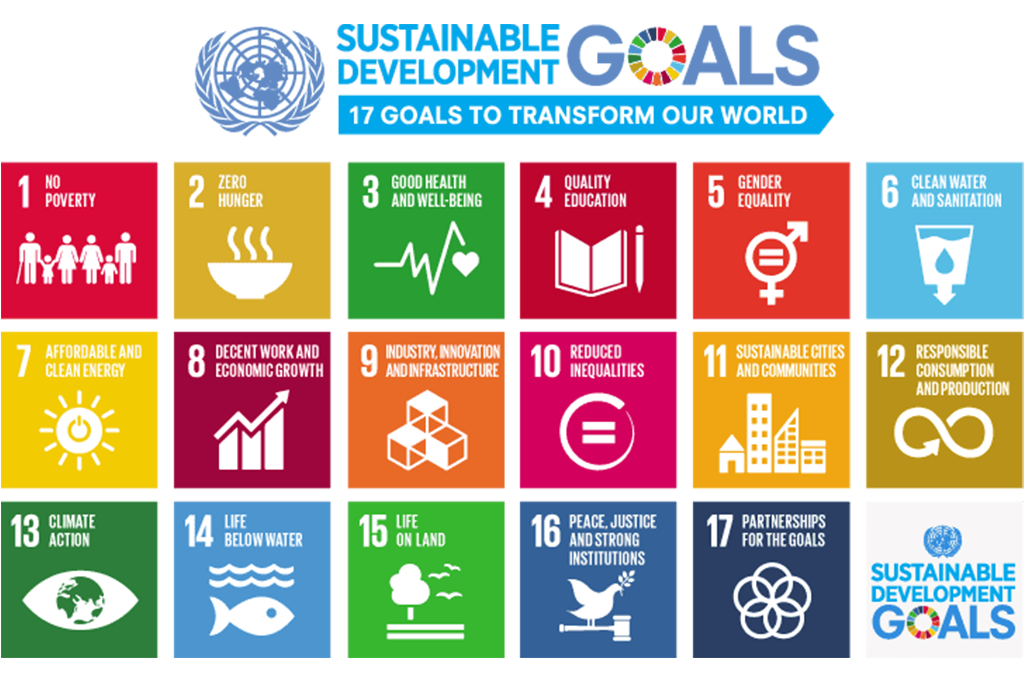Today, I stand before you to address a critical issue that affects us all: food wastage. It’s a global problem with staggering statistics. Did you know that a third of all food produced worldwide is lost or wasted? This wastage not only squanders precious resources and contributes to environmental degradation, but also exacerbates social and economic inequalities.
Consider this: the water wasted in food production per year could fill 100 million Olympic-size swimming pools! This extravagant water usage is unsustainable, especially when millions around the world lack access to clean water. Moreover, food wastage is a major contributor to greenhouse gas emissions, accounting for 8-10% of total emissions. This figure underscores the urgent need for action.
Governments, businesses, farmers, and consumers alike must work together to reduce food wastage by working on prevention strategies and proper disposal methods. A research that takes place in the EU shows that 46% of the wastage was during the consumption stage, 25% during the production stage, 24% during the processing stage, and 5% on the distribution and retail level. This shows that everyone plays a part in food wastage, so everyone can help reduce it.
In developed countries, nearly 50% of food wastage occurs at the retail and consumer stages. By a show of hands, how many of you have found yourself tossing out perfectly good food because it’s nearing its expiration date or because it doesn’t look perfect? I know I have before. This is a common habit in people, but it needs to change, as it’s unacceptable when so many people go hungry every day. It’s not just individual consumers; some restaurants discard edible food due to overstocking or cosmetic imperfections. We must address our bad shopping habits and encourage businesses to donate surplus food instead of letting it go to waste.
The way retailers “merchandise food” changes how customers perceive it. An example of this is how people throw away food just because it is close to it’s expiration date, even if it is still edible. Instead, grocery stores can put items nearing expiration on sale to induce buying, thereby reducing inventory levels, which will help minimize overstocking and food wastage.
In low-income countries, food wastage occurs mainly at the storage and harvesting stages. Farmers face numerous challenges in ensuring their crops reach consumers efficiently. They require sufficient water, optimal temperatures, pest and disease management, good soil, and advanced harvesting technology. Implementing proper storage systems (including refrigeration) alone could reduce food wastage by 25%.
Surpluses often arise due to mislabeling, over-ordering, or obsolete seasonal stock, underscoring the need for efficient management throughout the supply chain. Supporting farmers, improving infrastructure, and promoting innovation are critical steps to minimize losses. Additionally, empowering communities, changing consumer behaviors, and prioritizing food recovery can make a tangible difference in addressing both food insecurity and environmental degradation. AI can be used a tool for these efforts.
In addition to this, governments can encourage businesses to waste less food by giving them tax incentives and subsidies, collaborating with businesses and nonprofits, supporting food recovery and composting programs, and by launching campaigns to educate consumers. Most of the time, the government has the biggest influence on the people in their country, and this is one of these cases. For example, the state of Vermont passed laws that restricted the amount of food waste going to landfills. As a result of the new law, food donations statewide have increased 40 percent. This is just one way the government can reduce food wastage and is in one state; but if governments around the country or world start doing this, it will make a significant impact.
Let us commit ourselves to a future where food is valued, resources are conserved, and hunger is alleviated. Together, we can build a more sustainable and equitable food system for generations to come.








